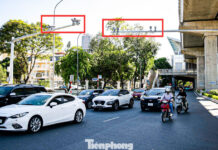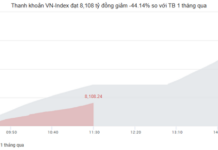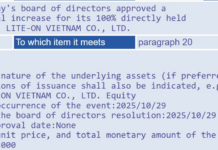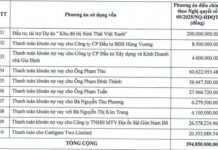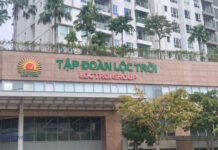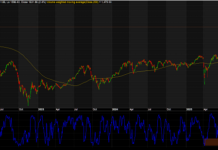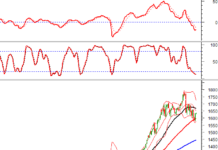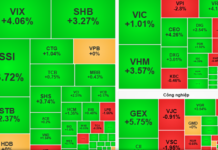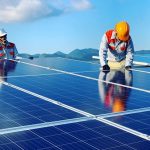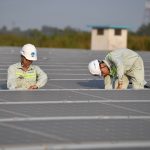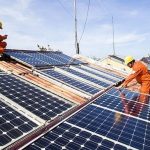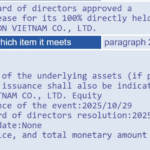According to Government Decree 80/2024 on the mechanism for direct electricity trading between renewable energy generators and large power users, rooftop solar power projects can be traded directly through private wires or the national grid.
Awaiting specific guidance
For the option of trading rooftop solar power through private wires, there is no limit on capacity, but the project must meet the requirements for an operating license. The seller and the buyer can agree on a price, and excess electricity can be sold back to the Vietnam Electricity Group (EVN). For the option of direct trading through the national grid, the project must have a capacity of more than 10 MW; the price is determined by the total of the electricity price, market capacity in the wholesale market, and must go through the power corporation.
Notably, both cases are connected from the 22 KV voltage level or higher, with an average consumption of 200,000 KWh/month.
The new regulation is expected to meet the expectations of some solar power investors who can meet the demands of large customers. Foreign-invested enterprises have also requested Vietnam to pilot this mechanism to form a diverse, competitive, and reasonably priced energy system. However, there are many operational issues that need specific guidance.
Mr. Pham Van Viet, Chairman of Viet Thang Jean Co., Ltd., said that the company has installed rooftop solar power for several years, with an average surplus of 35% of electricity capacity, equivalent to 600 – 700 KWh. “We have tools to count the excess electricity, so we want to sell this surplus to customers through the grid or private transmission lines to avoid waste. However, there is a need for guidance and specific procedures for businesses to follow,” said Mr. Viet.
Dr. Ngo Duc Lam, former Director of the Department of Technical Safety and Environment – Ministry of Industry and Trade, stated that the regulation allowing direct electricity trading brings benefits to the state by not having to invest in new power sources. However, as solar power is unstable, there must be a suitable connection plan to not put pressure on the national grid. “One possible solution is to use energy storage systems to feed into the grid when there is no sunlight. One difficulty is that energy storage devices are not cheap, so businesses need additional support policies from the state,” Dr. Ngo Duc Lam suggested.
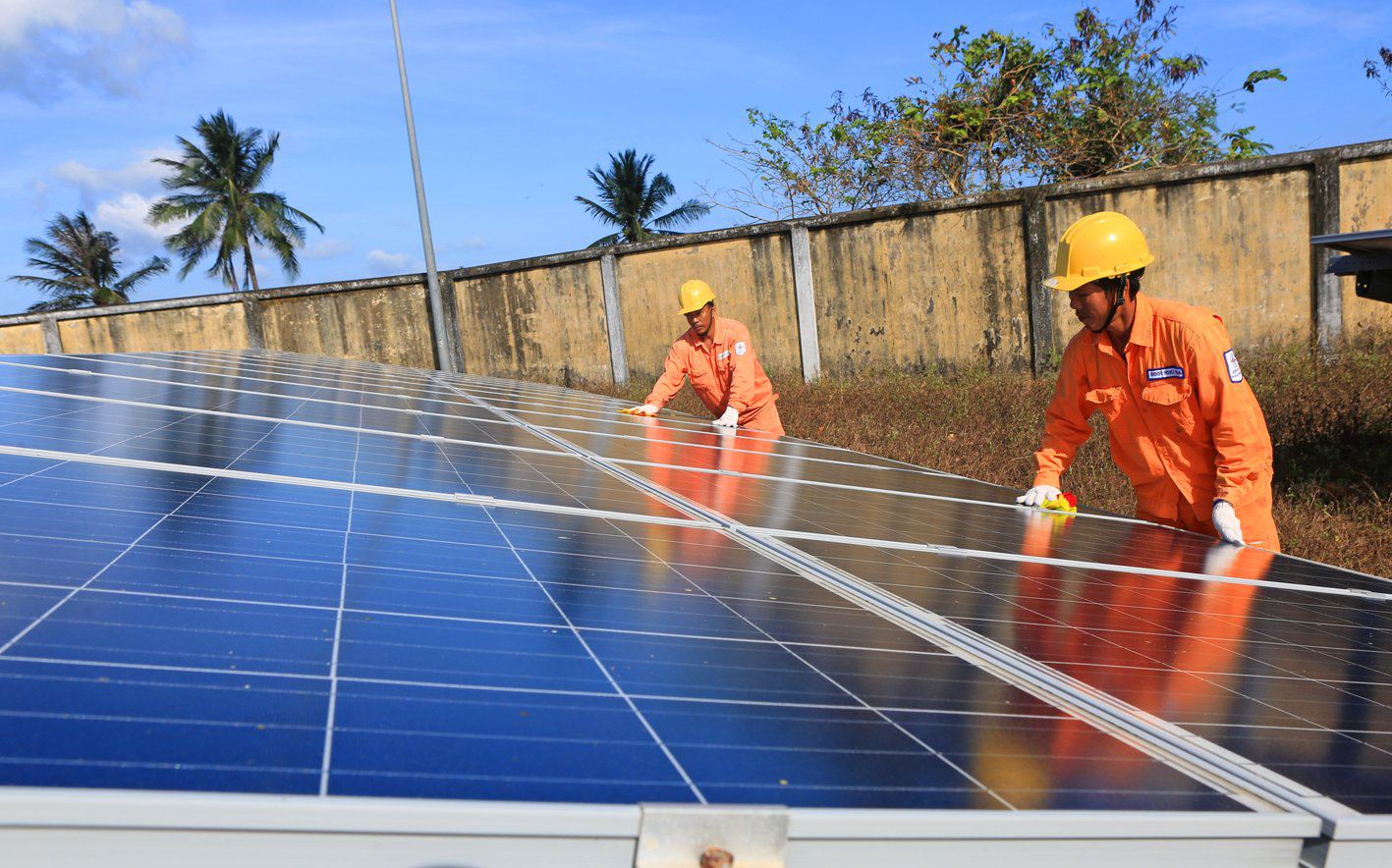
With Government Decree 80/2024, rooftop solar power is officially bought and sold directly, without going through the Vietnam Electricity Group. Photo: Thanh Nhan
Considering the pros and cons
Mr. Tran Viet Ngai, Chairman of the Vietnam Energy Association, said that rooftop solar power investors would carefully consider whether to sell electricity through private wires or through the national grid. “If a high selling price can be agreed upon, at least it can offset the investment cost of the branch wire for power transmission, then investors will choose this option. Otherwise, selling electricity through the national grid will be more beneficial. This also means that the price of buying electricity through private wires can be higher than buying from EVN, and if the buyer sees no benefit, they will not participate,” analyzed Mr. Tran Viet Ngai.
According to this expert, even if the electricity seller invests in a branch wire, it must still be connected to the national power system. Meanwhile, the connection is complicated and must ensure the safety of the system. “Large customers always want to buy cheap electricity during peak hours, so they may choose to buy directly at this time, but they also have to consider the source of compensation when the weather does not cooperate and the associated costs. If they return to buying electricity from the state when the direct trading market is congested, it will put the national grid in a state of “standby” to supply power promptly. As a result, it will not only cause difficulties for the distribution but also have to solve the problem of the “waiting” price of the power system,” Mr. Ngai pointed out.
From another perspective, Prof. Dr. Tran Van Binh, from the Institute of Economics and Management – Hanoi University of Technology, calculated that developing rooftop solar power could save the electricity industry tens of billions of USD, while only about 1 billion USD is needed to improve management efficiency, upgrade equipment, and measuring tools…
Lack of carbon credit trading mechanism
According to Mr. Pham Van Viet, large markets such as the US, Europe, etc., have regulations related to the use of clean energy in production. Meanwhile, Vietnamese manufacturing enterprises are struggling to prove that they are using clean energy to reduce emissions, so there is a need for solutions to clearly define the sources of electricity used.
An energy expert said that because Vietnam does not yet have a carbon credit and renewable energy certificate trading floor, clean energy sellers cannot provide certificates/credits to buyers, leading to difficulties in encouraging buyers to participate in the direct renewable energy trading market.
There are currently more than 103 rooftop solar power projects nationwide with a total installed capacity of 9,500 MW. According to the Power Plan VIII, the scale of this type of source will increase to 2,600 MW by 2030 or achieve 50% of office buildings and residential houses.
Solar Plant Proposal Gets Green Light to Sell Directly to Customers via Private Wire
Renewable energy generators that own wind or solar farms will be able to sell electricity directly to large electricity users either via private wire or through the grid.
Rooftop Solar Surplus: Net Metered at $0, Not Worthless
Domestic rooftop solar power systems can solely be utilized by the system owner and cannot be sold to external individuals or organizations. In cases of excess power generation, the surplus can be directed to the national grid, but the production will be recorded at zero value and no payments will be made.




